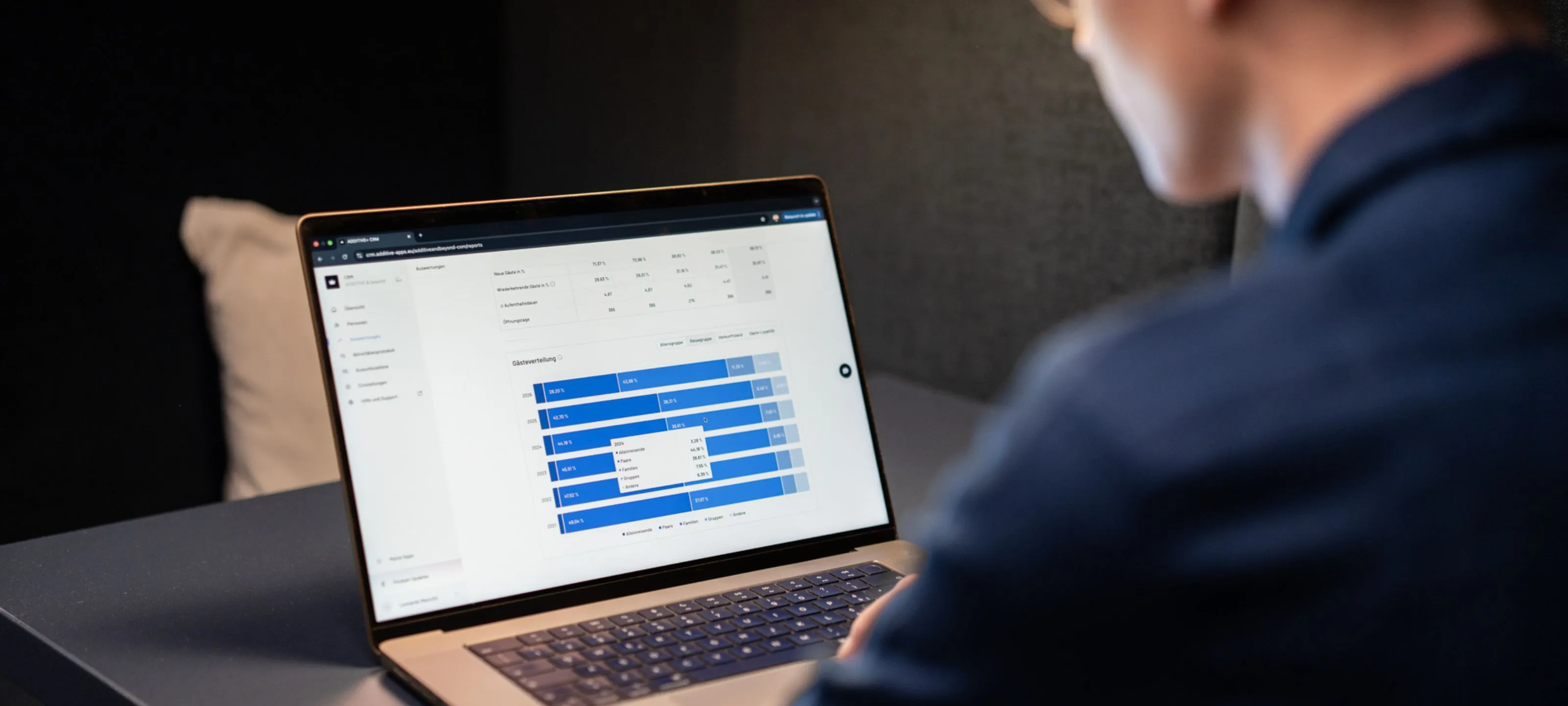
Opportunities and Risks of Influencer Marketing in Tourism

With growing interest in social media, influencer marketing—as a branch of online marketing—is gaining increasing popularity. The tourism industry benefits from this development in multiple ways.
With the growing interest in social media, influencer marketing (from the English "to influence someone") is becoming increasingly popular in online hotel marketing as a subset of hotel marketing social media. Influencer marketing is when a company extends its brand communication through influencers. Influencers have a certain reach and often act as role models in one or more niche areas, thus inspiring trustworthiness and exerting influence on their followers and fans. When influencers interact with a product, they can drive both positive perception and sales.
Opportunities & Potential
This interest in social platforms such as Instagram, YouTube, Facebook and, increasingly, SnapChat goes hand in hand with the advancing general digitalization, which specifically affects areas such as social media hotel industry, social media hotel marketing, online hotel marketing, etc. Every fifth minute spent on the move is used to access these networks. The potential for companies is enormous - especially for hotels in the area of content marketing hotels. The much-cited 2017 study on the importance of influencer marketing conducted by the Bundesverband Digitale Wirtschaft and the influencer marketing agency INFLURY shows that more than 16 percent of 14- to 29-year-olds have already bought or booked a product or service that was promoted by an influencer. Among 30- to 49-year-olds, the figure is a remarkable seven percent. At the same time, 74 percent of the 1,607 respondents over the age of 14 say they do not always recognize paid content, but consider it an honest recommendation from the influencer. One-third of respondents feel personally addressed by influencers, see an advantage in being informed about a particular product, and admit that this makes it easier for them to make a purchase decision. Travel and holidays is the third most searched product category on social media and social video platforms for both men and women. Technology and Electronics and News and Current Affairs are the top categories for men, while Food, Cooking and Nutrition and Beauty and Makeup are the top two categories for women.
Influencer Marketing in Tourism
The tourism industry benefits from this development in hotel marketing or online hotel marketing in several ways. The decision about which destination, which travel company, which airline, which hotel and which restaurant to choose is increasingly being made online. In a 2018 survey, the German opinion research institute GfK found that nearly 50 percent of the travel-active population between the ages of 14 and 60 consciously look for influencer posts to learn about a destination or company when planning a trip. 49 percent say they look at interesting travel-related posts when they stumble across them. The younger age group, users aged 20 to 34, are particularly open to influencer marketing. One in five has been inspired to book a trip by a post. Influencer marketing therefore reaches the next generation of vacationers. Influencer marketing is also being used more and more specifically in tourism: Real-time and on-the-ground reports and experiences are an important source of information for travelers and thus an important part of brand communication for destinations and tourism companies in the areas of social media hotel and content marketing hotels.The Chiemsee-Alpenland Tourismus Gmbh is making use of this principle. In 2016, a broadly based, precisely designed influencer marketing campaign was designed to make the region around Lake Chiemsee better known. Two complementary Instagrammers were used for this campaign. Landscape photographer Patrick (@moners) shows the natural beauty of the region in his posts. Travel and lifestyle Instagrammer Marinella (@unamarinella) focuses on the urban aspects of the region, showing interesting places to visit and unusual architecture. All posts were tagged with the campaign hashtag #ExperienceChiemseeAlpenland and the Chiemsee-Alpenland Instagram channel was also quoted. During the campaign period from November to December 2016, more than 670,000 potential travelers were reached thanks to the six posts. In addition, the images generated a total of more than 22,000 interactions.As a holiday destination, Saxony also relies on the help of influencers. Maximilian Münch (@muenchmax), one of the most successful travel influencers in the German-speaking world with more than 602,000 followers, regularly posts under the hashtag #simplysaxony. Frank Wend, Head of Public Relations at the Saxon State Chancellery, especially appreciates the individual approach that Saxony offers by using Maximilian Münch. It also significantly increases the reach of the hashtag: Münch's profile is accessed around 1.5 million times a week.As part of targeted hotel marketing, influencer marketing also offers the hotel industry an effective communication tool for hotel marketing: The stay at a hotel is documented through pictures and videos, highlighting the advantages of the hotel. The influencer's reach increases awareness of the property, links generate clicks to the hotel's website, and followers can be encouraged to make direct bookings. Major hotel chains have long relied on influencer marketing as an important medium for building awareness. International hotel chain Marriott, for example, is working with comedian and YouTuber Taryn Southern to promote its new design hotel brand, Moxy. With a series of YouTube videos and SnapChat recordings, the new brand is aimed primarily at young travelers.
Expectations vs. Reality - How does Influencer Marketing deliver?
Expectations based on high fees and large budgets do not always correspond to effective results. At first glance, influencer marketing may seem like an ideal complement to a hotel's own marketing efforts, but working with influencers is not without its risks. In fact, there are many factors that can make or break an influencer campaign. Perhaps the most critical factor is choosing the right partner. Limiting an influencer to his or her number of followers alone is not effective. The most successful influencers in the German-speaking world, such as the twins Lisa&Lena or the beauty blogger DagiBee, have a fan base of more than five million subscribers on Instagram, but they are not suitable as advertising media for every product - on the contrary. Numerous, arbitrarily chosen product placements make influencers lose credibility and thus useless for their own product. Instead, the trend is towards micro-influencers. These usually serve a niche audience and convince their followers with a smaller but selected community, consistent content and selected collaborations.The quality of the account and communication is also crucial. The frequency of posts, the way content is talked about or written about, the care with which information is handled and, last but not least, the thematic context in which the influencer finds himself can determine the outcome of a campaign. The influencer's impact should match the product. If this is not the case, their recommendations will lose credibility and will not be purchased or booked.Another success factor is having a clearly defined goal before the campaign begins, as different strategies yield different results in influencer marketing. A carefully planned and strategically thought-out implementation of such a campaign is therefore essential. Sales, direct bookings, new guests, increased awareness - all these goals require different approaches and implementations. The combination of the right strategy, suitable influencers, high-quality content and credible statements can lead to satisfactory results.
Your own guests as micro influencers
In addition to paid partnerships with influencers hired specifically for brand communication, your own guests can also become valuable micro-influencers. Writing a hotel review, using the hotel hashtag in a post or using the hotel as a location can significantly increase awareness of a property and massively influence the decision to book or not. In fact, research from the Internet Travel Marketing Association shows that, in addition to a hotel's star rating, its reviews are the most important point of reference before making a booking. The study on the importance of influencer marketing by the German Digital Economy Association and INFLURY confirms that 48 percent of respondents rely on customer reviews as a source of product information. In comparison, only 29 percent rely on the opinions of influencers. Personal recommendations from friends and acquaintances still top the list. Leading global retailers have been quick to recognize the benefits of recommendation marketing. Through sweepstakes, coupons and favors, guests are motivated to share impressions and (positive) experiences, thus becoming part of the brand communication.Marriott is also relying on guest experiences during the opening phase of the Moxy in Milan: Each shared post is rewarded with a breakfast voucher. Club Med goes one step further: several months before the opening of its new resort in the French Alps, Facebook fans are involved in the process. They were allowed to vote on the name of the hotel, and as an incentive, they could win a week's stay.
Conclusion
Influencer marketing can definitely be a good way to increase the visibility of a brand or company in the hotel online marketing space and to drive sales. As with all advertising in hotel marketing, the right strategy is the key to success: image advertising combined with sales-oriented content, a trustworthy and suitable partner, the right target group and creative content promise successful cooperation with influencers. Especially in tourism or hotel marketing, this type of online marketing promises a lot of potential in the future. However, there is a trend in influencer relations: One-off assignments are giving way to long-term and more effective collaborations. In this context, the medium of video and video communication is becoming increasingly important - also in hotel Internet marketing. A change in target groups is also very likely: Silver surfers over the age of 50 are an increasingly interesting target group for online hotel marketing.
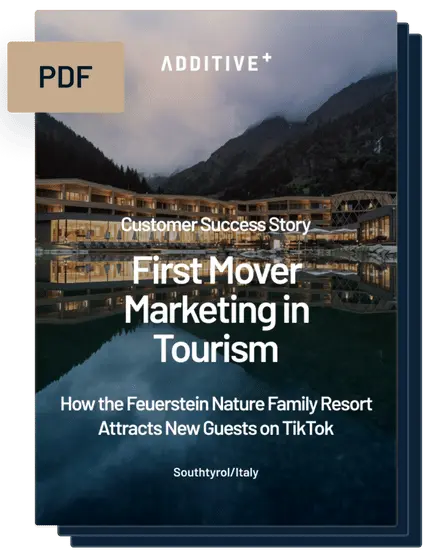




.webp)

.jpg)

.jpg)
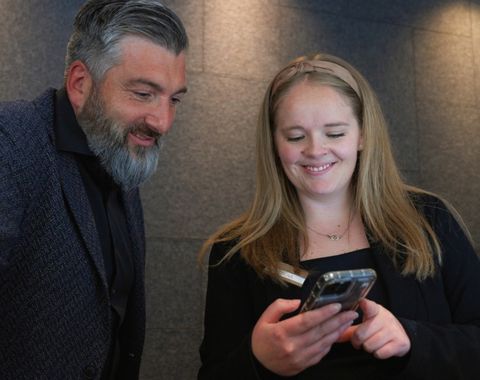
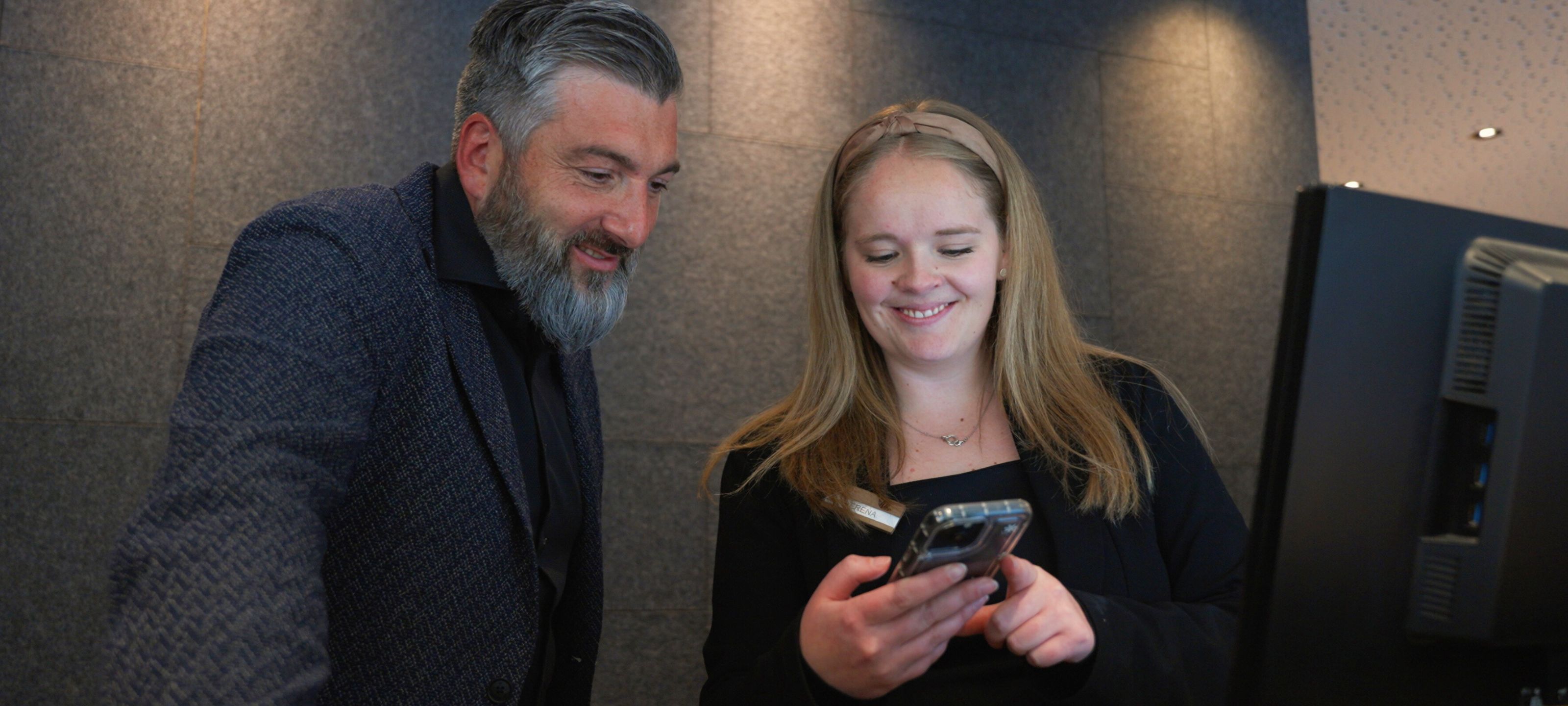
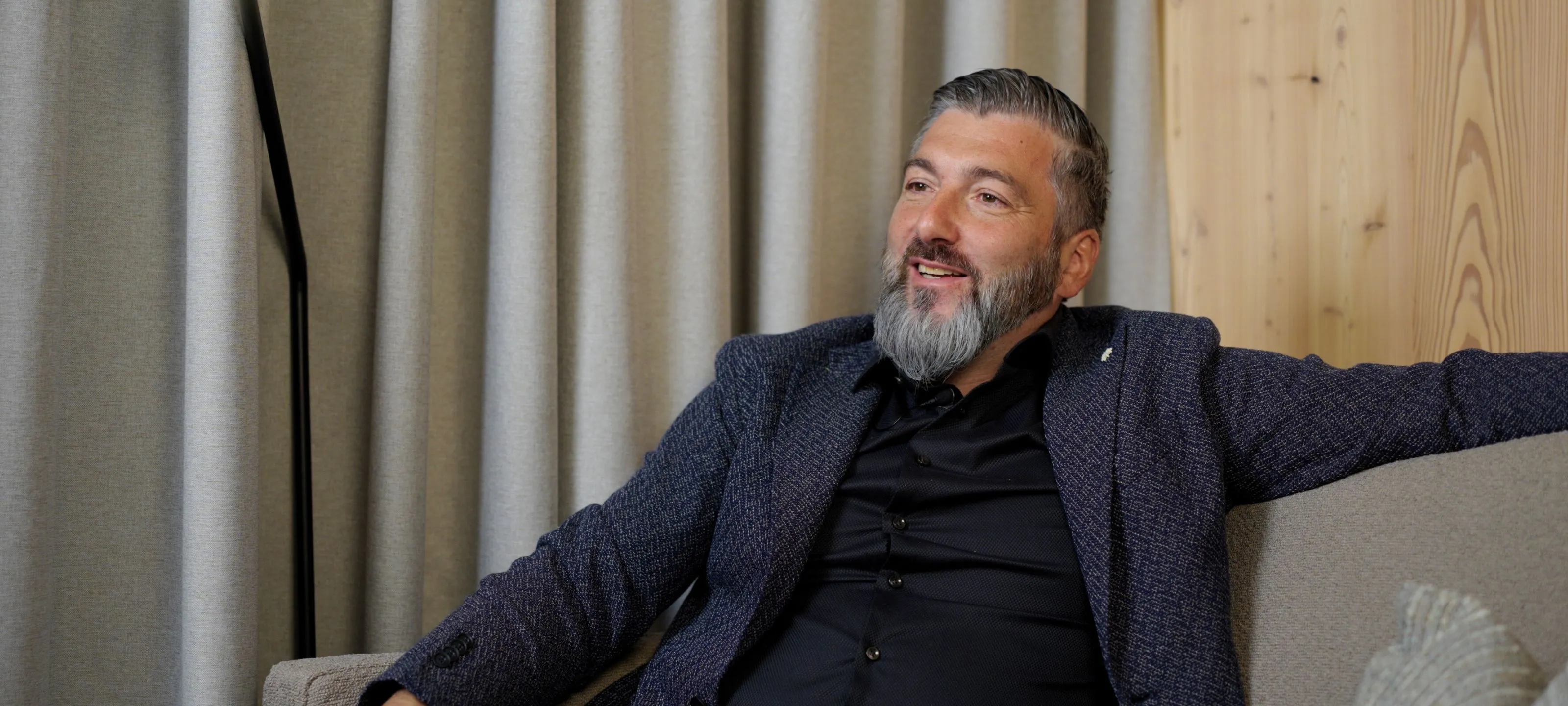
.webp)
